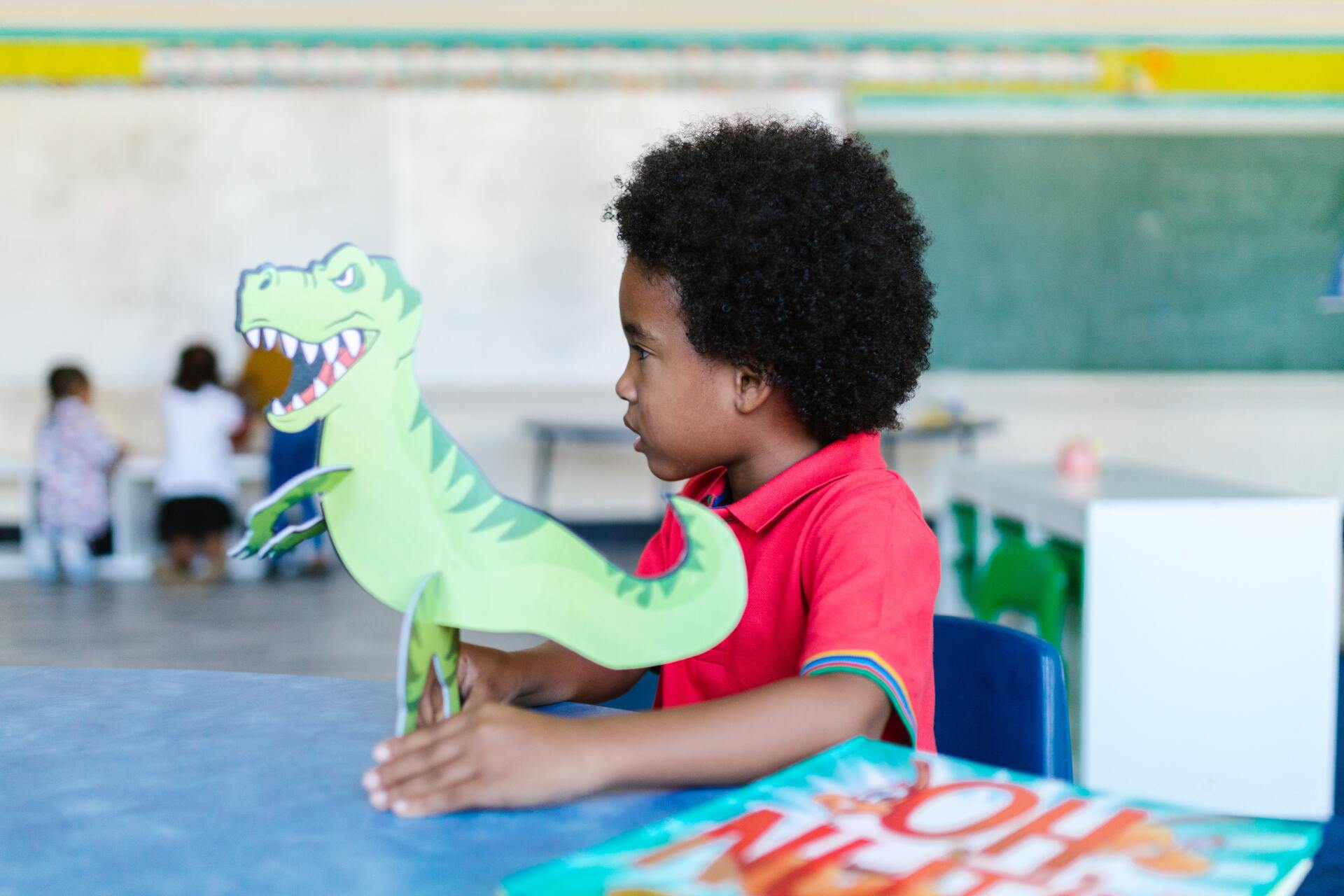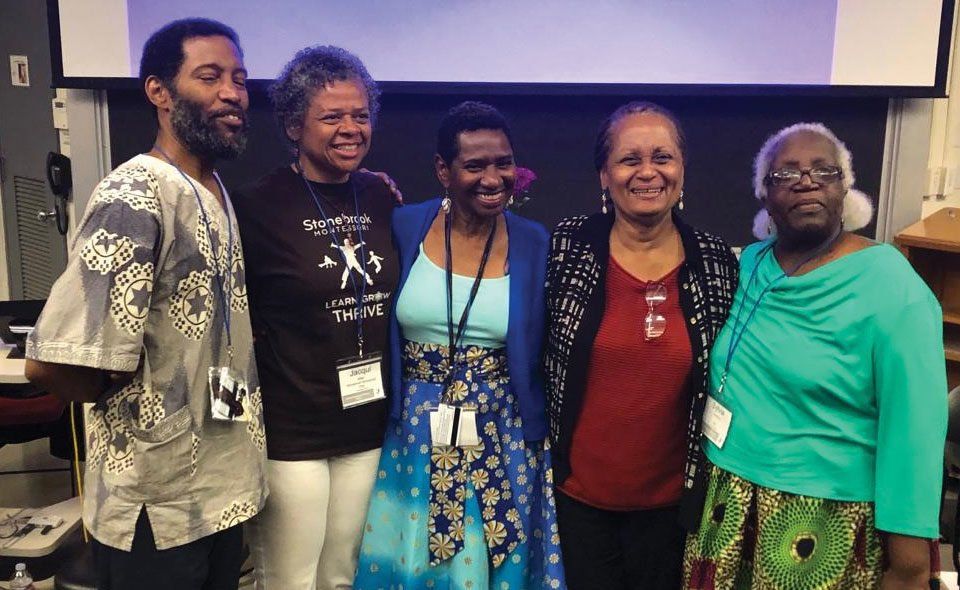
If you ask any parent, they'll tell you that their child has a unique personality and set of interests. It's because each child is an individual—and so are their needs. When it comes to playtime, though, all children need the same thing: time to explore, create, and have fun without adult interference. That's why I'm here today to talk about black children and why play matters for them in particular.
Play is the work of children.
Play is the work of children. Children play to learn how to be themselves, how to interact with others and how they can play with their emotions.
Play is not just a frivolous pastime for kids but rather an integral part of growing up. It’s through play that we learn about ourselves and others; it helps us develop our emotions and empathy; it teaches us about friendship, teamwork, leadership and communication; it allows us the space for creativity; and it encourages physical activity.
Play is a way to learn, develop social skills, and develop creativity. All of which contribute to healthy brain development.
Play is a way to develop problem solving skills, and this is especially important for children who may struggle at school because they have been exposed to less learning opportunities than their peers.
Children learn through play. Learning is an integral part of the development process and play is a key element in that process. Play allows black children to make sense of their world, understand their place in it, and explore their identity.
As adults who want our children to thrive we need to ensure that they have safe spaces for them to explore themselves through play—and this means more than just providing them toys or books about black people or other people of color (though these things are certainly important). We also need to foster a culture where everyone in the family feels comfortable engaging with each other honestly and respectfully so that when something does come up related to race or racism someone will feel safe talking about it without fear of being judged negatively by those around them.
All children need play to be normal, happy, and healthy. Play is a universal need. It's not a luxury; it's a necessity. And it is the work of children. But despite its importance, play often goes unnoticed in our society because we don't value what it can do for children or how much they truly need it.
The American Academy of Pediatrics states that “play is essential for learning” and “children who are deprived of opportunities to play may become behaviorally or emotionally abnormal." The United Nations Convention on the Rights of the Child (UNCRC) recognizes that "the right to leisure and recreational activities" as one of its provisions for every child around the world.
In conclusion, play is essential for all children, but it is especially important for black children. Play can help them develop crucial skills such as creativity, imagination, critical thinking and problem solving—skills that they will need to succeed in life. Without an understanding of how important play is to black children’s development, we are at risk of losing a generation that is capable of great things.


